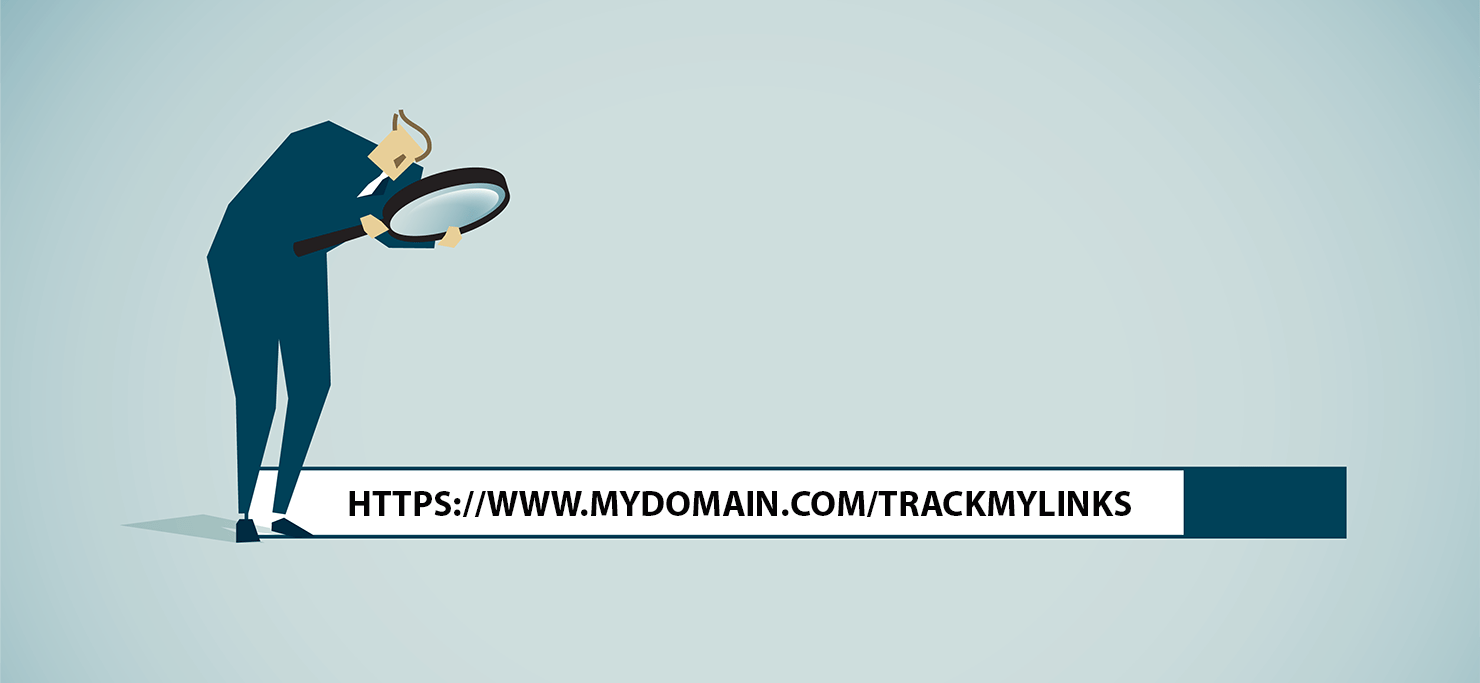-

The (Positive) Truth About Link Shortening and SEO
Links play a significant role in Search Engine Optimization (SEO). Backlinks, external links, permalinks – they’re all factors in search engine algorithms. Unfortunately, marketers sometimes avoid using shortened links. This may be due to the misconception that link shortening hurts SEO. In reality, not only can shortened links help with optimization, but they can also
-

What Is SEO Metadata (And How Can You Add It to Your Posts)?
For most websites, Google is the most important source of visitors. No matter how strong your social media presence may be, Search Engine Optimization (SEO) is paramount to your site’s growth. Therefore, every site needs a way to manage its SEO metadata. Perhaps the easiest way to manage your metadata is by using the AIOSEO
-

How to Optimize Your WordPress Website’s SEO
No matter what type of website you run, it’s essential that you focus on its Search Engine Optimization (SEO). WordPress comes with many powerful SEO tools, as well as a wide variety of available plugins. That means you may not be taking full advantage of your site’s potential reach. Fortunately, optimizing WordPress for SEO isn’t
-

3 Link Building Techniques to Help You Boost Engagement
Search engines like Google take a lot of factors into consideration when determining how highly they rank your website’s pages. Security, loading speed, and quality all contribute. In addition, the number of links that point towards your site is of particular importance. Encouraging lots of links back to your content can take plenty of time
-

Why ‘Over-Optimizing’ Your Links Can Backfire
Sometimes you can do a job too well. Such is the case with customizing your links and keywords to improve your site’s Search Engine Optimization (SEO). It’s actually possible to ‘over-optimize’ your site, which can lead Google to penalize it by lowering your rankings. To avoid over-optimizing your links, you’ll first need to understand what
-

3 Downsides to Shortened Links (And How to Combat Them)
Sharing links is a necessity for many bloggers, website owners, and marketers. However, long links can be clunky, unappealing, and in some cases, short on trust. Link shorteners can help, and have plenty of benefits, but they also have their downsides. If not used correctly, they can significantly reduce Click-Through Rates (CTRs) and lead to
-

3 Ways Link Tracking Can Help You Increase Conversions
It goes without saying that links are essential for affiliate marketers. You use them on your website, your social media profiles, and in your email campaigns. If you’re not tracking them properly you risk losing leads, and more importantly, profits. Tracking your links’ performance can help you figure out their most optimal placement on your
-

3 Black Hat SEO Strategies You May Be Using (and How to Avoid Them)
Increasing your website’s visibility is the key to its overall success, and many Search Engine Optimization (SEO) techniques can help. Unfortunately, there are some strategies (known as ‘black hat’ techniques) you may be using that can seriously impact your current search ranking. The use of black hat strategies can be tempting, especially since you may
-

3 Reasons to Establish a Linking Strategy for Your Affiliate Site
Hyperlinks are an essential element of your affiliate website, so it makes sense to spend a lot of time cultivating and organizing them. If you haven’t implemented a proper linking strategy on your site, you could be missing out on some valuable benefits. A linking strategy is a plan you create and implement that helps
-

3 Ways to Build Backlinks to Your Affiliate Site
While your affiliate site’s credibility and traffic are crucial for business growth, your search engine rankings are just as important. The process of improving your site’s rankings may seem daunting, but adding backlinks provides a perfect solution. In short, backlinks can boost credibility, improve site traffic, and increase your rankings on search engines. These consequences